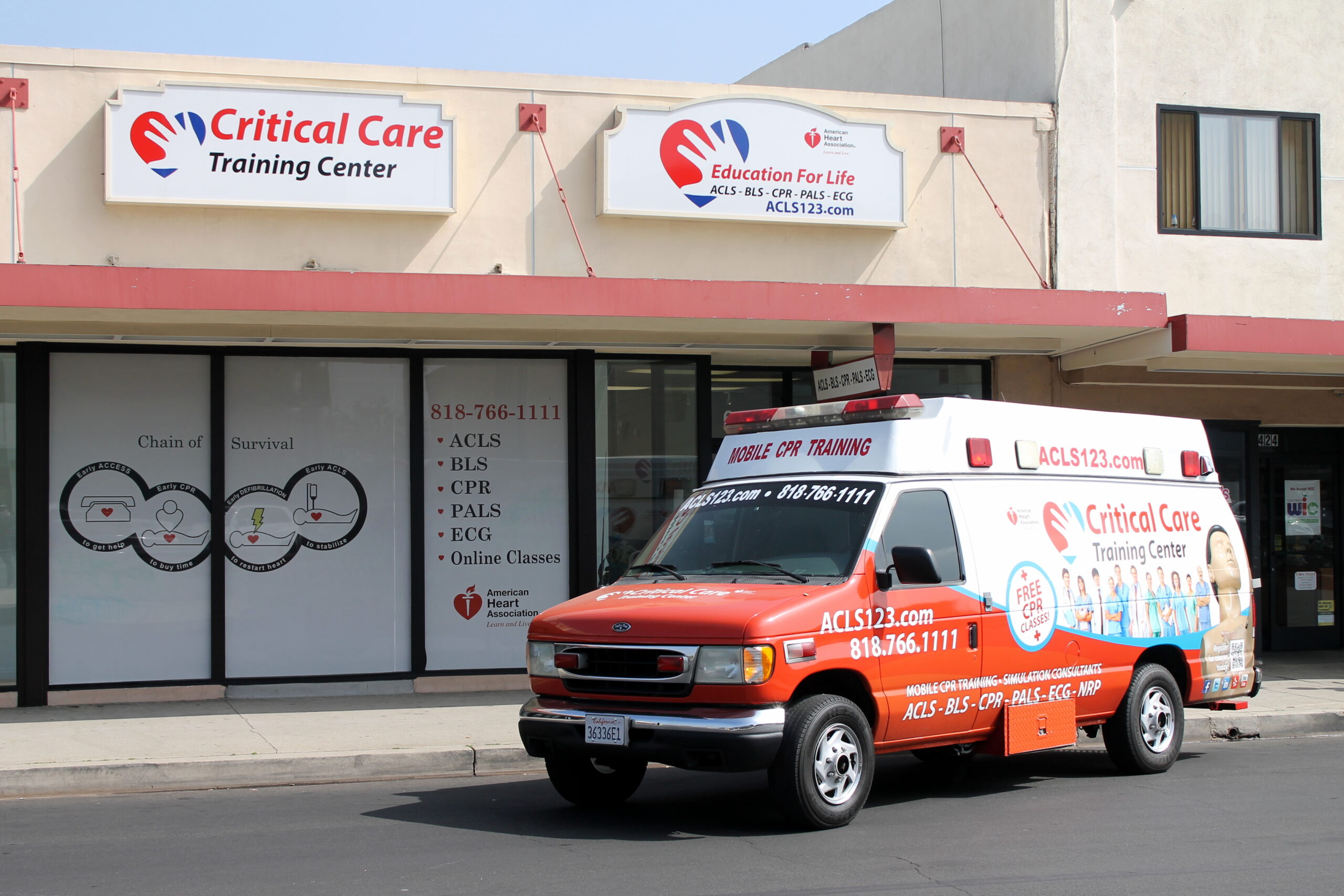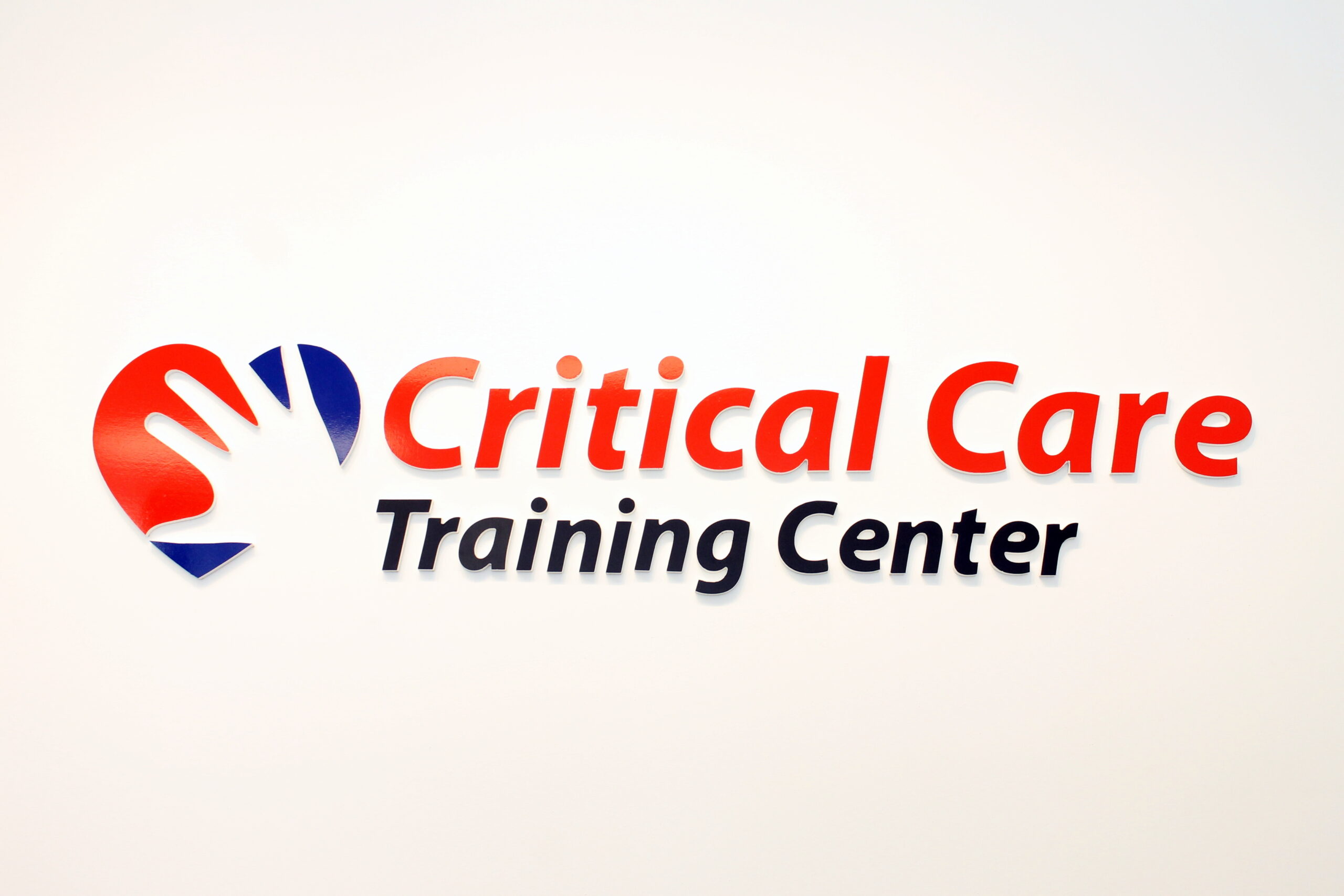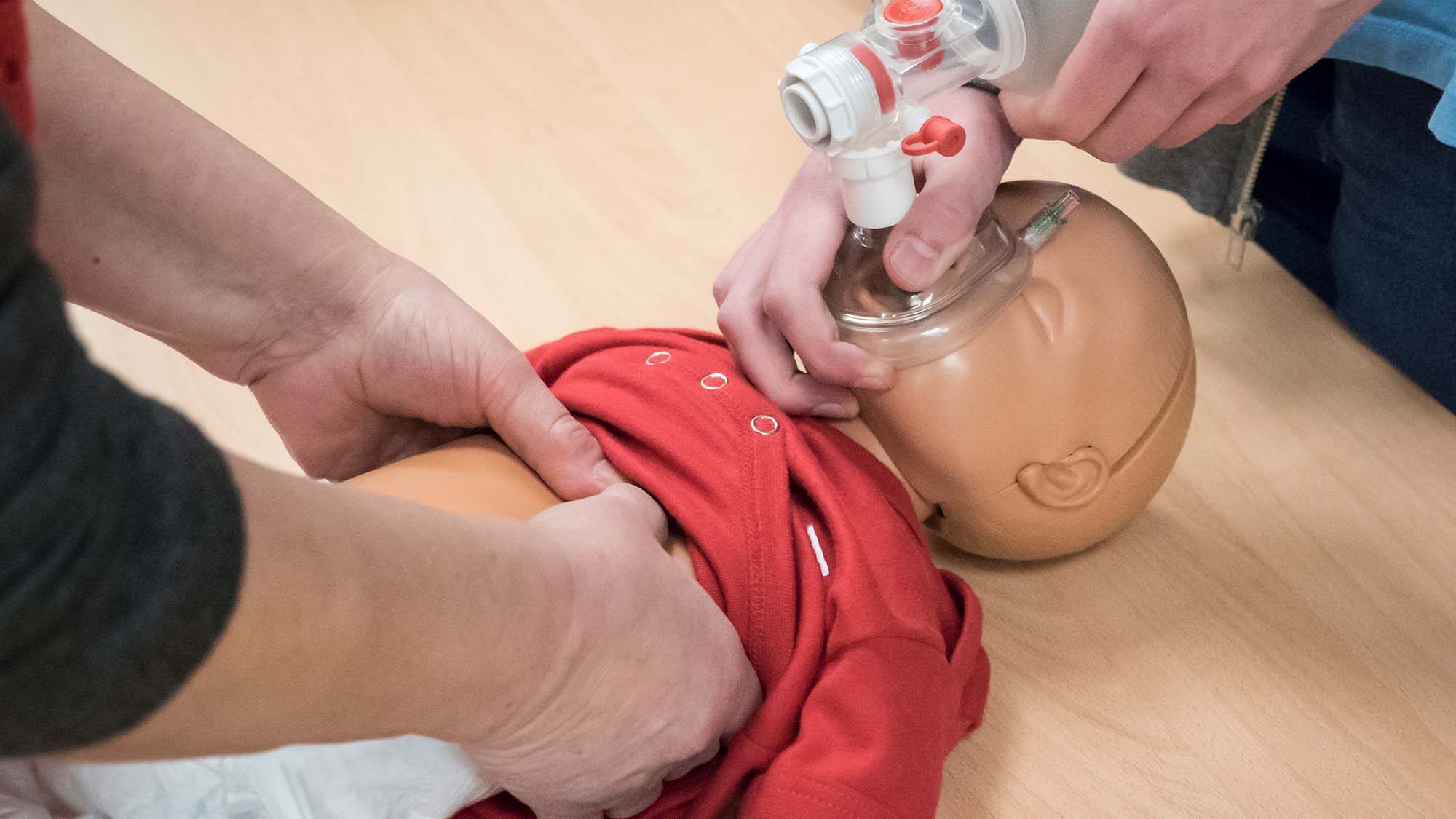Essay by: ISP085
I do think it is important for non-healthcare professionals—as well as every human being—to know CPR. It does not necessarily take a doctor or nurse to save the day. Any person can be a hero if they have the right tools and the right frame of mind. There are countless stories of the unlikely hero saving the day—the little Hobbit, Frodo, saving Middle Earth from destruction (Tolkien, 1954); David prevailing over Goliath (1 Samuel 17); Corrie ten Boom saving numerous Jews from the Nazi Holocaust (Boom, Sherrill, & Sherrill, 1971). These are people that were not likely to perform such brave, skilled, and influential operations. Yet, they did, and tremendous good resulted because of it. The same can be true of any man or woman, girl or boy that comes across a person in need of CPR.
Respiratory issues among children, and heart failure among adults—the common problems that call for CPR—occur not only in healthcare fields, but in every day and sphere of life. Every person is at risk for needing CPR because every person has a body, every body is prone to sickness and danger, and life is unpredictable. This is obvious, but easy to forget. We have to assume and leave room for the occurrence of health problems.
Every person should heed the motto of the Boy Scouts of America: Be prepared. Because heart and respiratory issues are not uncommon, there is a need for people to know how to rise to action when these health issues occur. Therefore, it is wise for professionals and every other person to learn the skills of CPR. There is a difference between obsessively worrying and trying to avoid the possibility of anything bad happening, compared to noticing common problems that arise and preparing for how to deal with them given the likelihood that they will occur. Heart and respiratory issues are common problems, therefore the natural response is to prepare for how to deal with them, and the way to prepare for them is to learn CPR. It would be wise then for non-healthcare professionals—as well as everyone else—to get CPR certified, look up YouTube CPR training videos, ask a healthcare worker for tips, anything that will prepare them for that scary moment when they encounter a person with no pulse or that is not breathing.
Knowing CPR is not enough, however. What is more important is clear thinking. There is a great need for people to think quickly, have their wits about them, and be ready to spring into action when the need arises. Having a clear head and good intuition can often times be more useful than having knowledge or training. For instance, a person who is able to assess a dangerous situation, perceive how to help, and also perceive when to get out of the way may be incredibly more useful than a person who knows everything about CPR yet is slow to assess the situation, is easily-distracted, and has a poor sense of the needs called for in that desperate moment.
At the outcome of a crisis, much good can come from the person that is prepared with skill and tact. This person does not have to have a degree in order to save a life; they need to be informed of the basic, essential skills that CPR offers, and they need to have a clear head in order to access and perform these skills. Even those unlikely heroes—whether they be small or handicapped—have something to offer if they are prepared for the moment. A person in crisis does not care about who saves them, only that someone does save them.
References
Boom, Corrie Ten, John L. Sherrill, & Elizabeth Sherrill (1971). The Hiding Place. Washington Depot, CT: Chosen Books.
Tolkien, J. R. R. (1954). Lord of the Rings. (Vols. 1-3). London: Allen & Unwin.









